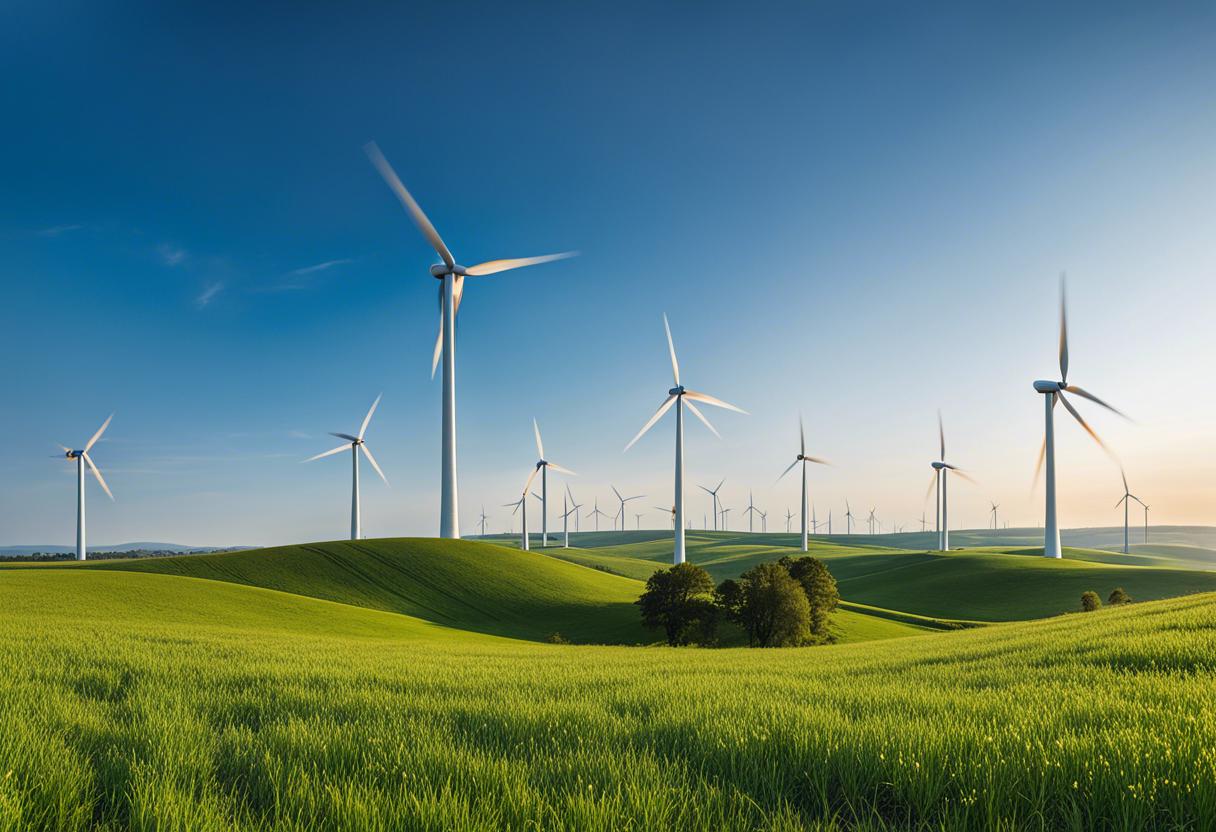Manufacturing enterprises backed by Enterprise Ireland and IDA Ireland are to receive grants and support totalling €300 million to back their initiatives to lower carbon emissions, as announced by Peter Burke, the Minister for Enterprise, Trade and Employment.
Predominantly, companies falling under the food and drink, cement, pharmaceutical, and chemicals sectors, all beneficiaries of Enterprise Ireland and IDA Ireland’s assistance, are the leading contributors to industrial emissions, as per Sunday’s official communication.
The Irish Government, in 2020, established a benchmark for manufacturing sector on-site emissions to reduce by 35 per cent by 2030. This forms an integral step towards accomplishing net-zero emissions by mid-century.
Take for instance Diageo, a drinks colossus, which in the previous month made public its intention to dedicate upwards of €100 million to the sustainability effort at its renowned St James’s Gate facility in Dublin, with one of the goal being the abandonment of fossil fuels in its brewing procedures. This venture is financed with contributions from Enterprise Ireland.
IDA Ireland’s CEO, Michael Lohan, elucidated that nearly all of the agency’s leading 100 clients have committed to net-zero carbon vows, a large number among which have aspirations of achieving total decarbonisation by 2030.
“The onus on manufacturing businesses to take the reins in reducing Ireland’s composite carbon emissions is significant, as these emissions constitute roughly 10 per cent of the nation’s total,” stated Mr Burke, who also added, “I am allocating €300 million in funding to assure these businesses of Government backing in making substantial investment choices, enabling Ireland to meet our 2030 emission-reduction aim.”
According to a report by Davy, issued last year, the Irish public, private sectors and government have an estimated expenditure of over €150 billion by the decade’s end in order to fulfil intermediate climate action objectives. The report approximated that €129 billion must be dedicated to progressive energy transition actions by 2030, propelled by the electrification of heat and transport, and modernisation of residential and commercial properties. Private sector is expected to shoulder approximately 85% of this anticipated expenditure.
This total sums up to an annual €18.5 billion, equivalent to six per cent of the nation’s domestic economy’s current size as evaluated by gross national income, over a seven-year span.
Please refer to our weekly Inside Business podcast to stay updated on the latest happenings.

